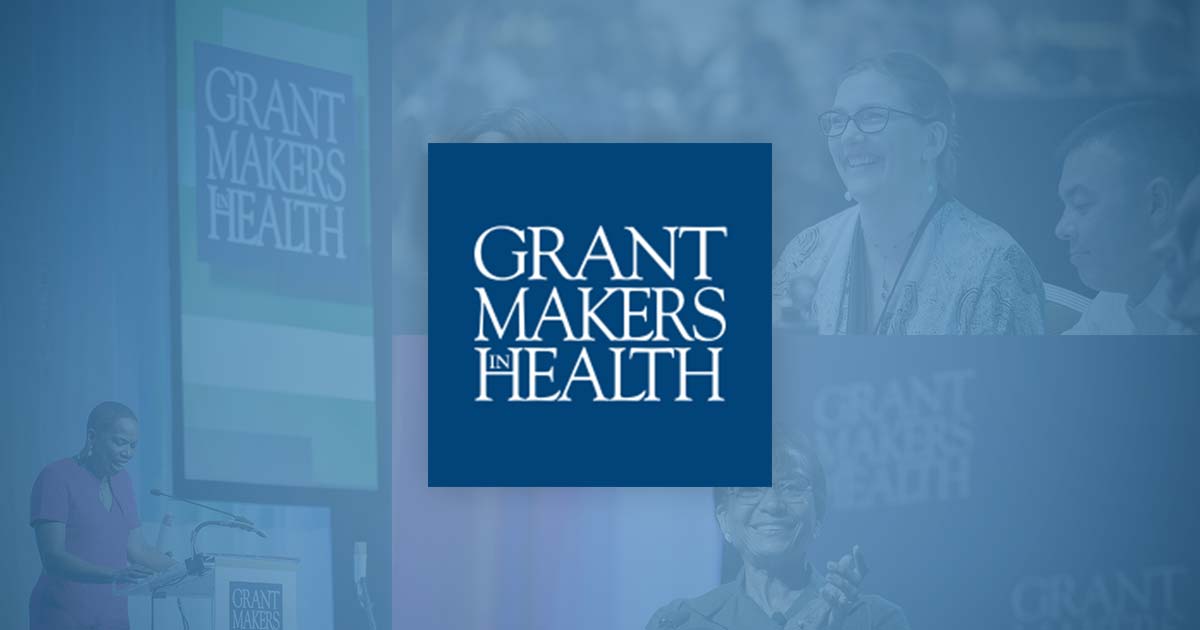Expanding Impact Through Evaluation
Foundations support evaluations for a variety of reasons: to measure impact and monitor program performance; to strengthen program performance by providing feedback to grantees and foundation staff; and to promote broader learning by grantees, the foundation, and the nonprofit community at large.
Behavioral Health for All
Behavioral health conditions, which include both mental health and substance-use disorders, are among the biggest health problems our country faces. Roughly 50 percent of the population will be affected by these conditions at some point in their lives.
Demonstrating Behavioral Health Impact Using Intensive Community-Based Services
Individuals experiencing an acute episode of mental illness often face challenges navigating a fragmented health care delivery system and overcoming barriers to access appropriate medical and mental health services.
What We Learned from the First Open Enrollment Period, and What to Expect from the Second
As work gets rolling for the second open enrollment period, it is an opportune time to reflect on lessons learned from the first open enrollment period, especially since the second one is shorter and there are fewer navigator resources available from the federal government.


